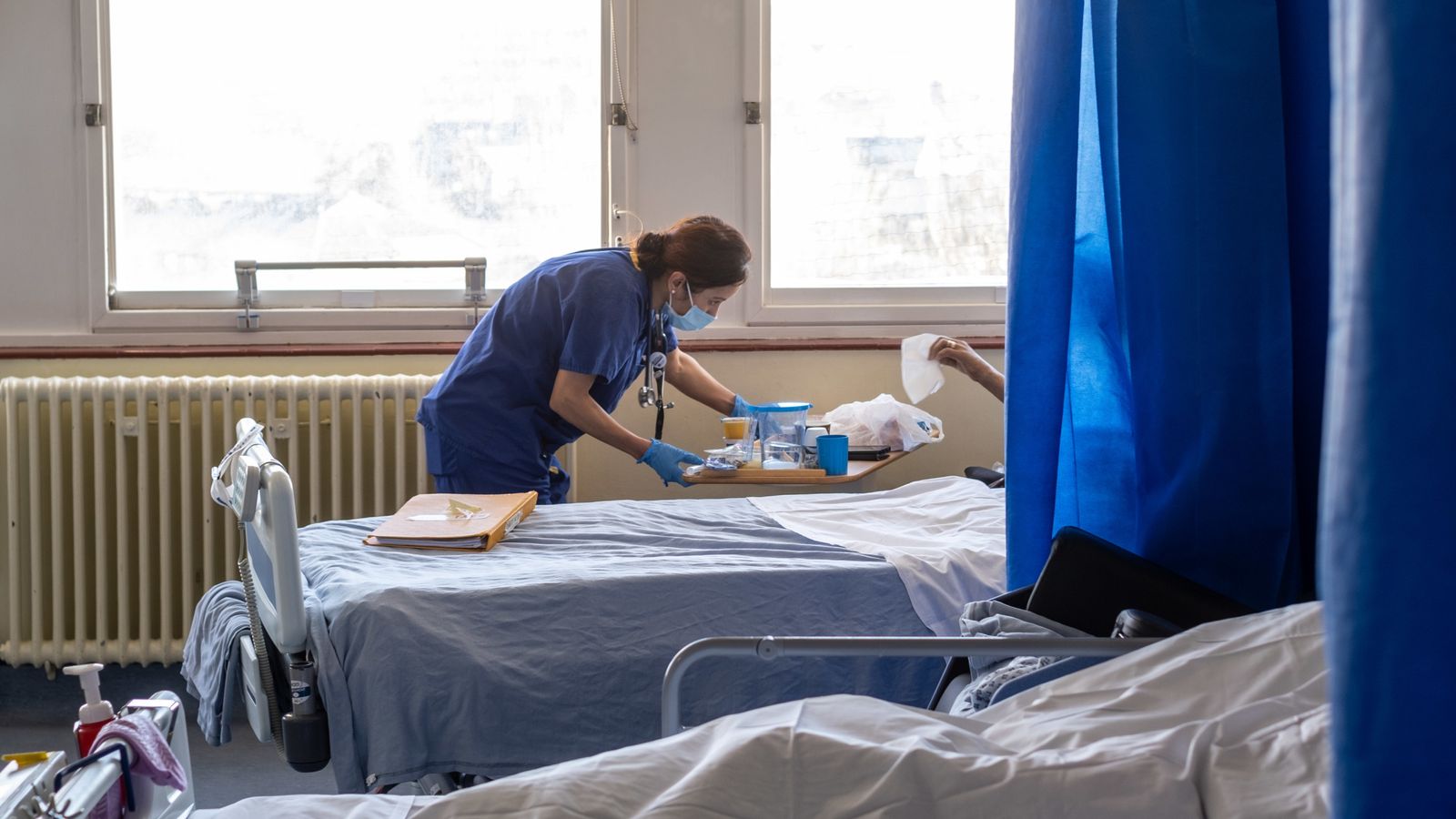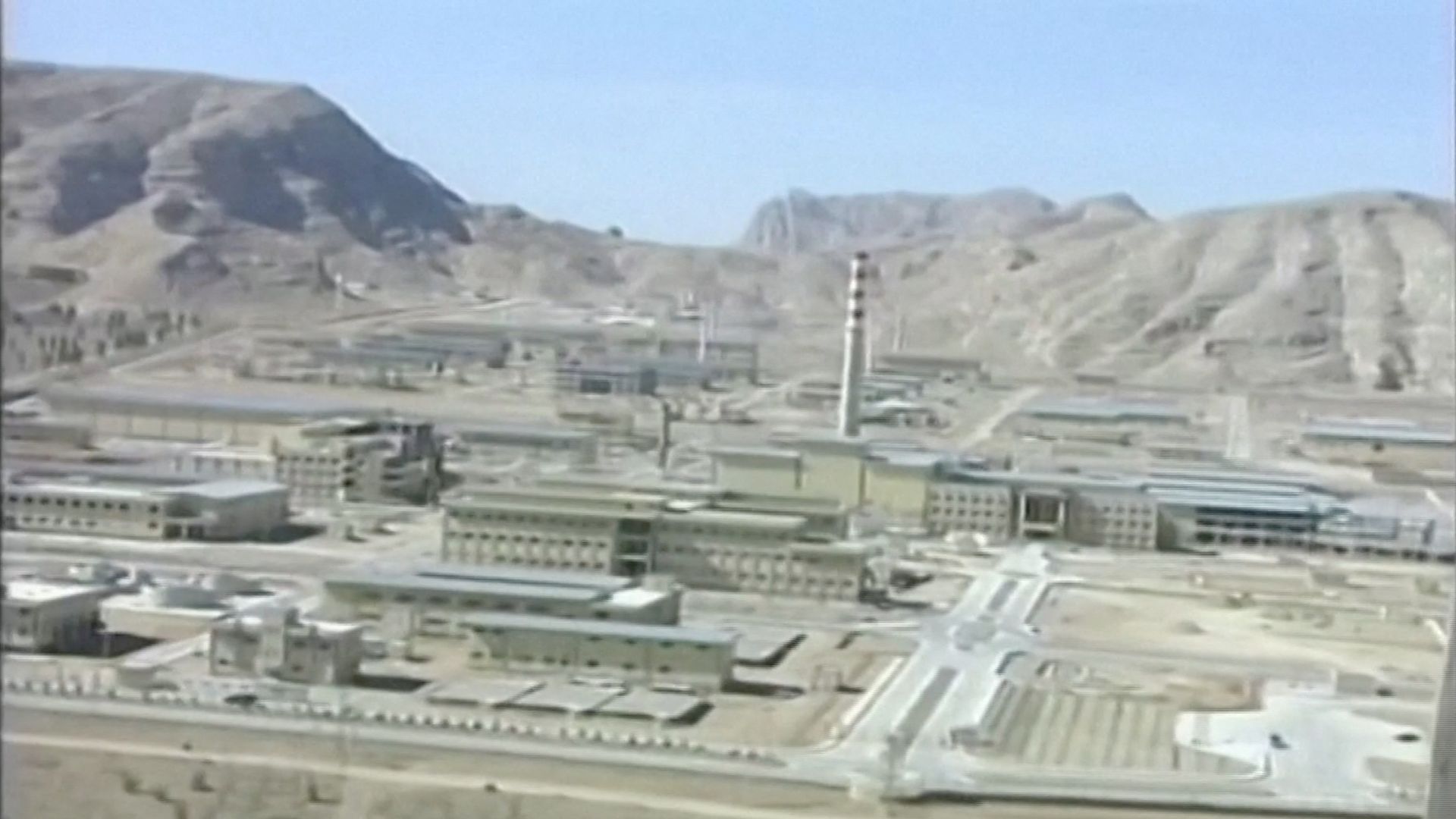Newly developed artificial intelligence (AI) technology can now choose donor organs for transplant with much greater accuracy than humans, according to British researchers.
The National Institute for Health and Care Research (NIHR) has put £1m in funding for the AI project, which can increase the number of organs available for transplant.
Currently, surgeons examine donor organs and use their own judgement to assess whether they are of good enough quality to be suitable for transplanting into patients.
But the fresh method uses AI and its “memory” of tens of thousands of images of donor organs to identify those that offer the best chance of transplant success.
Ministers are backing the project, as well as NHS Blood and Transplant (NHSBT) and the NIHR Blood and Transplant Research Unit.
The team of experts behind the new phenomenon, known as OrQA – Organ Quality Assessment – claim it could result in up to 200 more patients receiving kidney transplants and 100 more receiving liver transplants every year in the UK.
Work is ongoing to define the technology, but the team, which includes experts from the University of Oxford, believe it will deliver results for the NHS in the future.
Professor Hassan Ugail, director of the centre for visual computing at the University of Bradford, whose team is designing the image analysis, told PA news agency: “Currently, when an organ becomes available, it is assessed by a surgical team by sight, which means, occasionally, organs will be deemed not suitable for transplant.
“We are developing a deep machine learning algorithm which will be trained using thousands of images of human organs to assess images of donor organs more effectively than what the human eye can see.
“This will ultimately mean a surgeon could take a photo of the donated organ, upload it to OrQA and get an immediate answer as to how best to use the donated organ.”
A key part of the OrQA assessment will be to look for damage, pre-existing conditions and how well blood has been flushed out of the organ.
Be the first to get Breaking News
Install the Sky News app for free
Colin Wilson, a transplant surgeon at Newcastle upon Tyne Hospitals NHS Foundation Trust and co-lead of the project, said: “Up until now, we haven’t had anything to help us as surgeons at the time of organ retrieval.
“This is a really important step for professionals and patients to make sure people can get the right transplant as soon as possible.
“The software we have developed ‘scores’ the quality of the organ and aims to support surgeons to assess if the organ is healthy enough to be transplanted.”
Read more:
Microsoft limits new Bing after reports of bizarre answers
There’s an explosion in AI interest but there’s lots of life left in real human intelligence
Please use Chrome browser for a more accessible video player
Professor Derek Manas, medical director of NHSBT organ donation and transplantation, described the development as “an exciting development in technological infrastructure” that will enable surgeons and transplant clinicians to make more informed decisions about organ usage and help to close the gap between those patients waiting for and those receiving lifesaving organs.
Health minister Neil O’Brien said: “Technology has the ability to revolutionise the way we care for people and this cutting-edge technology will improve organ transplant services.
“Developed here in the UK, this pioneering new method could save hundreds of lives and ensure the best use of donated organs.
“I encourage everyone to register their organ donation decision. Share it with your family so your loved ones can follow your wishes and hopefully save others.”







